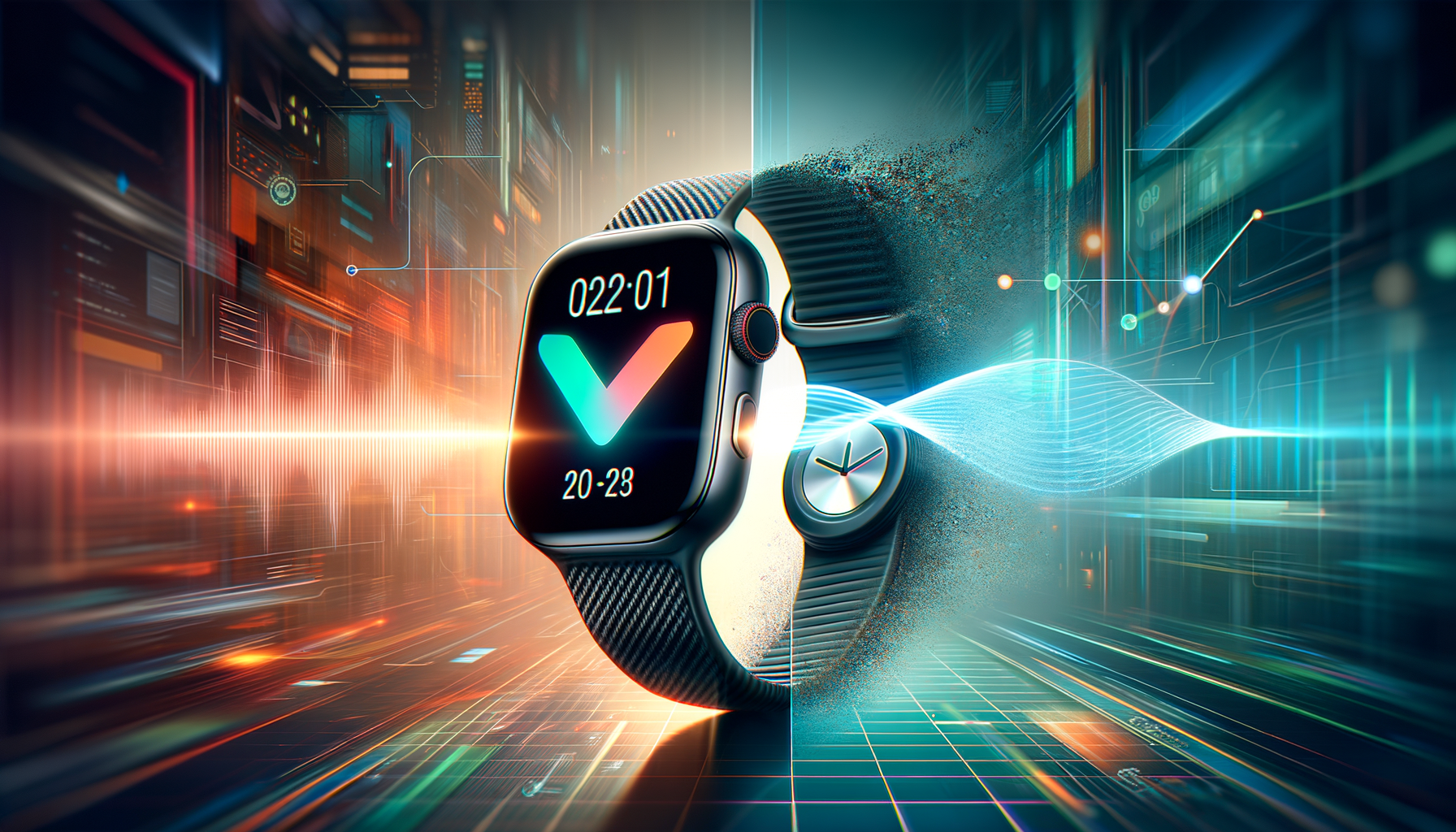
Future of Fitbit Smartwatches Uncertain After Google Acquisition
The landscape of fitness wearables and smartwatches has taken an unexpected turn with Google’s acquisition of Fitbit. With concerns amongst users and industry experts, many are questioning what this takeover means for the future of Fitbit smartwatches. Let’s dive into the details surrounding the acquisition and its potential implications.
Overview of the Acquisition
In a deal valued at approximately $2.1 billion, Google announced the acquisition of Fitbit in early 2021. The transaction was aimed at boosting Google’s presence in the wearable tech market, which has been dominated by players like Apple and Samsung. However, the merger has brought about uncertainty regarding the future of Fitbit smartwatches.
Immediate Impact on Fitbit Products
Since the acquisition, several changes have been observed:
- Discontinuation of New Models: There have been speculations that future iterations of iconic Fitbit models might be halted or rebranded under Google’s name.
- Software Integration: Existing Fitbit devices are expected to see deeper integration with Google’s software ecosystem, including Google Fit, Assistant, and possibly Wear OS.
- Privacy Concerns: User data privacy has emerged as a primary concern among Fitbit users. Despite Google’s assurances, users remain wary of how their fitness and health data will be managed.
Potential Benefits of the Acquisition
While there is uncertainty, the Google acquisition also presents some promising opportunities:
- Enhanced Technology: Google’s technological prowess can lead to improved hardware and software capabilities for Fitbit devices.
- Expanded Resources: With Google’s resources, there could be accelerated innovation in health and fitness tracking features.
- Wider Ecosystem: Integration into a broader smart home ecosystem, allowing richer interactions and data synergy with other devices.
Challenges and Concerns
Despite the potential advantages, there are several challenges and concerns:
User Trust and Data Privacy
Data privacy remains a substantial concern for Fitbit users. Many users have built trust with Fitbit over the years and fear that the transition to Google could compromise their data privacy. Google has promised to keep Fitbit user data separate from its advertising database, but user apprehensions persist.
Brand Identity
Fitbit has built a strong brand identity centered around health and wellness. There are concerns that being under Google’s umbrella might dilute the unique brand philosophy that Fitbit has cultivated.
Market Competition
Fitbit has been a significant player in the wearable market. However, blending into Google’s broader product strategy may impact its competitive stance against other major players like Apple and Samsung.
Future Prospects for Fitbit Users
Looking ahead, several scenarios could unfold for existing and prospective Fitbit users:
- Continued Support for Existing Devices: Existing Fitbit devices are expected to receive continued support and updates in the short term.
- Potential New Devices: Hybrid models that merge Fitbit’s fitness expertise with Google’s technological capabilities might emerge.
- Improved Features: Users could witness more advanced health tracking features, leveraging AI and machine learning technologies that Google specializes in.
Conclusion
The future of Fitbit smartwatches under Google’s ownership remains unclear, with a mix of optimism and apprehension surrounding the acquisition. While there are promising opportunities for technological advancements and integration, concerns about data privacy, brand identity, and competitive market positioning persist. As the dust settles, the best approach for Fitbit users and enthusiasts is to stay informed about ongoing developments, ensuring they are well-positioned to adapt to the evolving landscape of wearable technology.
Only time will tell how this acquisition reshapes the fitness and wearable tech landscape, but one thing remains certain: the fusion of Fitbit’s health expertise with Google’s technological innovations could potentially pave the way for unprecedented advancements in personal health tracking.
